19 GPTs for Literary Editing Powered by AI for Free of 2025
AI GPTs for Literary Editing are advanced tools designed to assist in the refinement and improvement of written materials, leveraging Generative Pre-trained Transformers technology. These tools are adept at understanding context, suggesting improvements, and generating content, making them invaluable for tasks ranging from grammar correction to style enhancement in various literary forms. By utilizing AI, these platforms offer customized solutions that cater specifically to the needs of the literary editing field, enhancing both the efficiency and quality of the editing process.
Top 10 GPTs for Literary Editing are: Expert en Français,英式英语,文墨灵,Arabic Text Auditor,Text Stylistic Reviewer,Escritor de Best Sellers,Grammar Guru,AnyBook & Text AI Editor,Correcteur Éclair,AV美言
Expert en Français
Perfect Your French with AI

英式英语
Master British English with AI
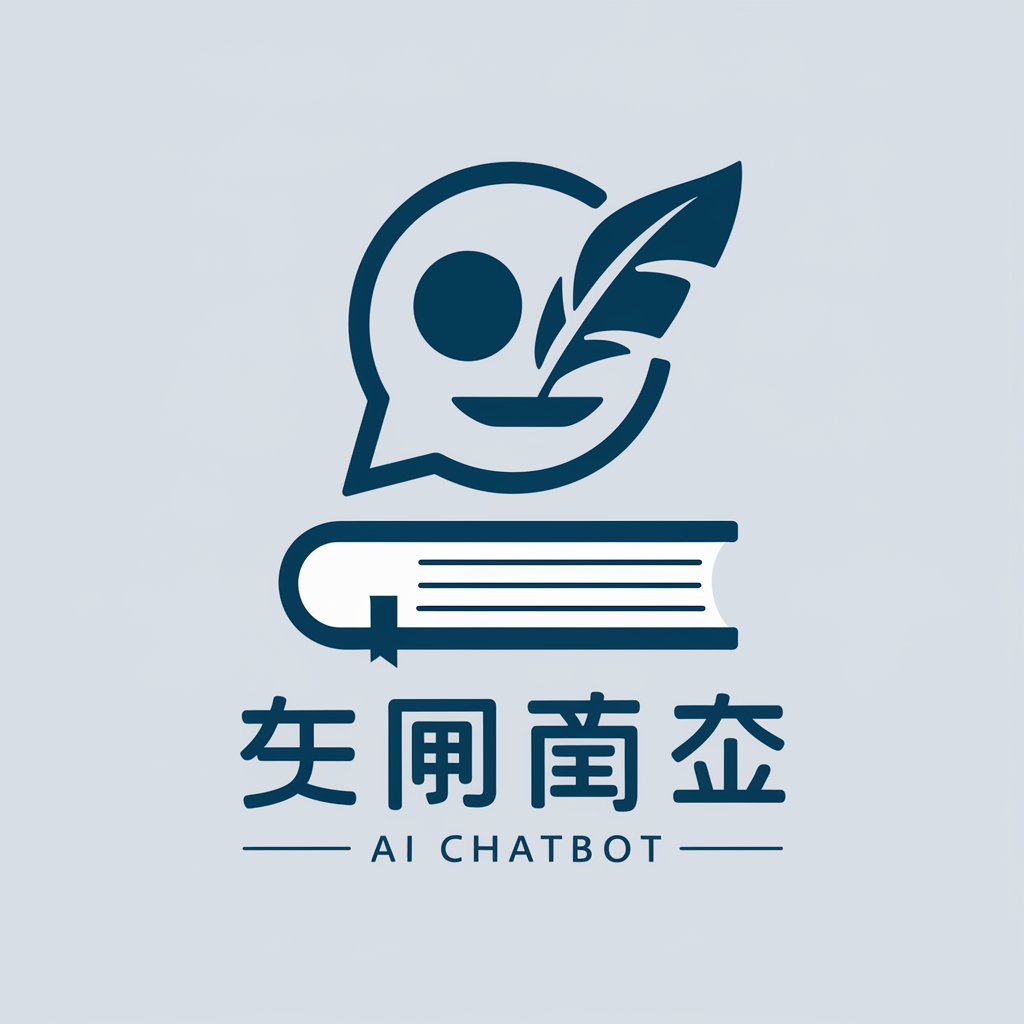
文墨灵
Elevating Stories with AI Craftsmanship

Arabic Text Auditor
Empowering Arabic with AI
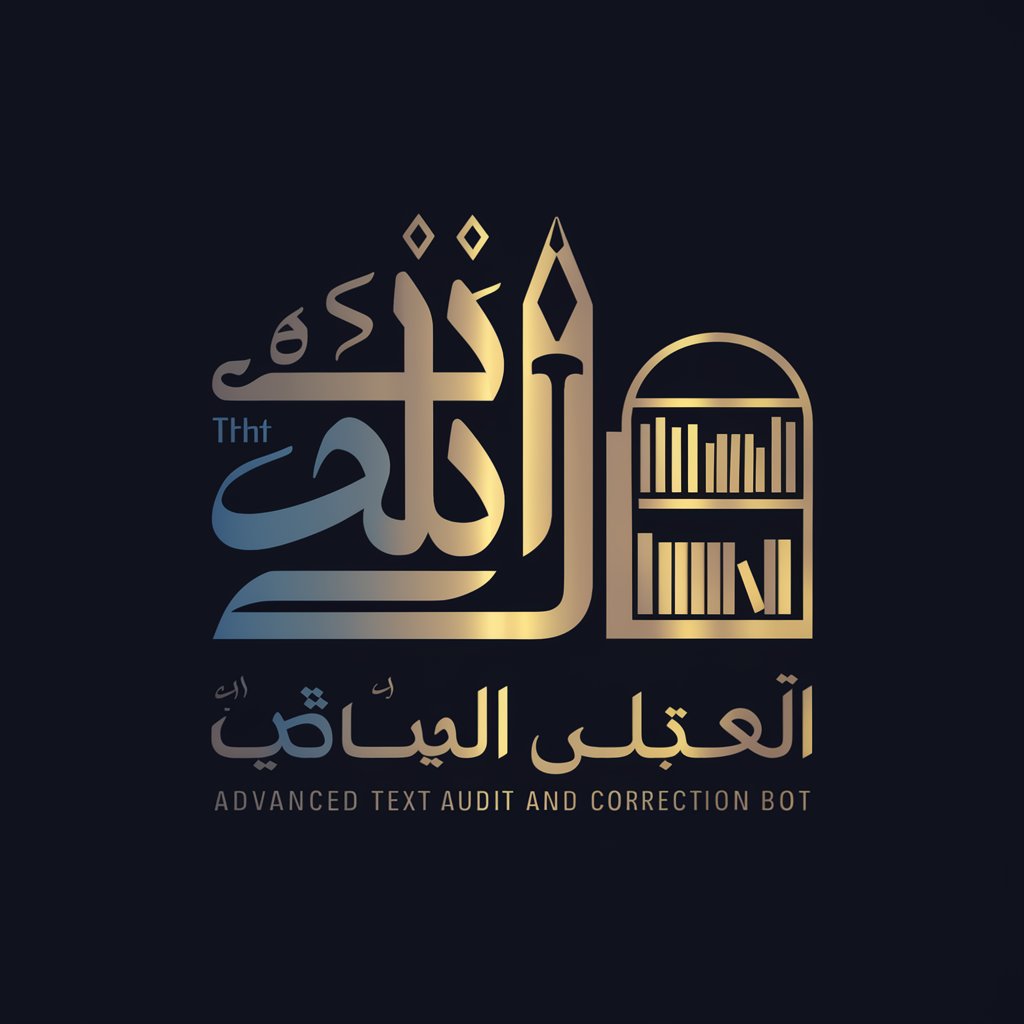
Text Stylistic Reviewer
Elevate Your Writing with AI
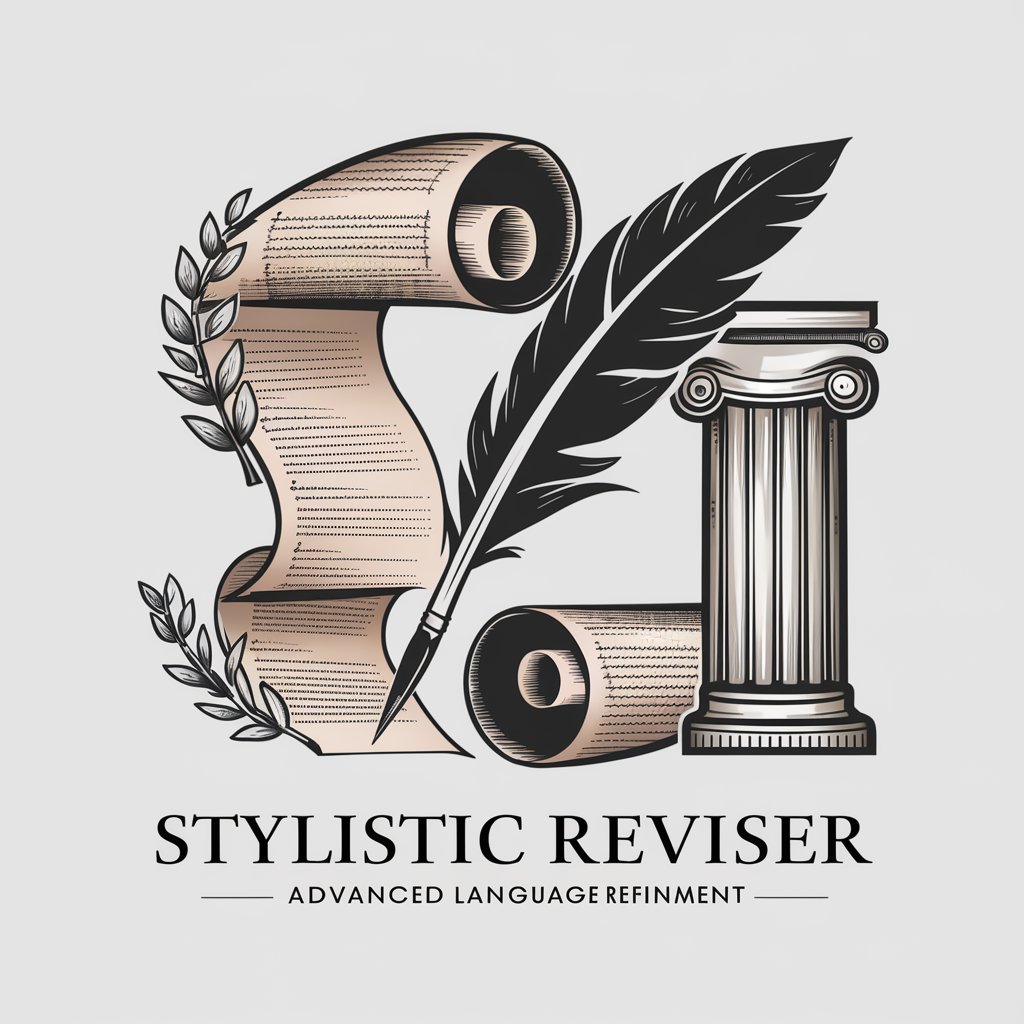
Escritor de Best Sellers
Crafting Bestsellers with AI

Grammar Guru
Perfect Your English with AI
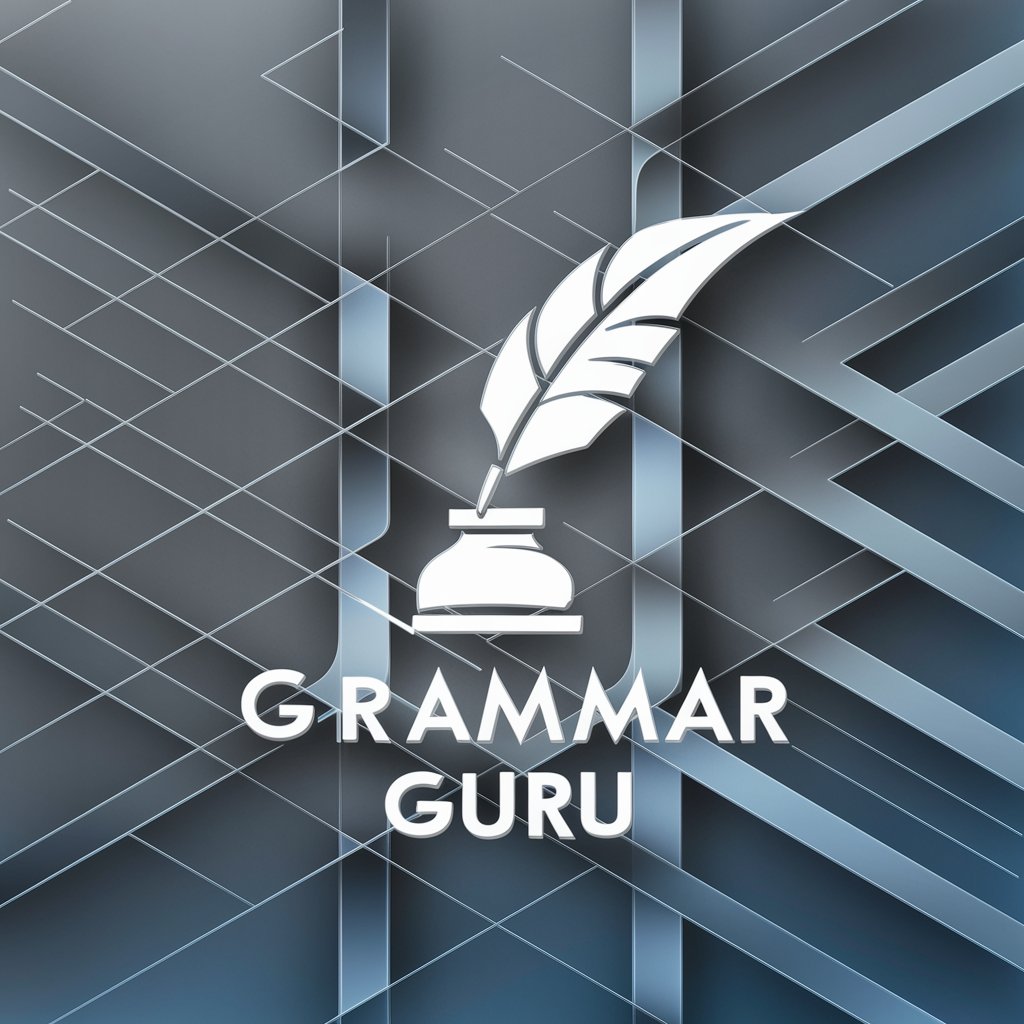
AnyBook & Text AI Editor
Precision Editing with AI Intelligence

Correcteur Éclair
Elevate Your French with AI
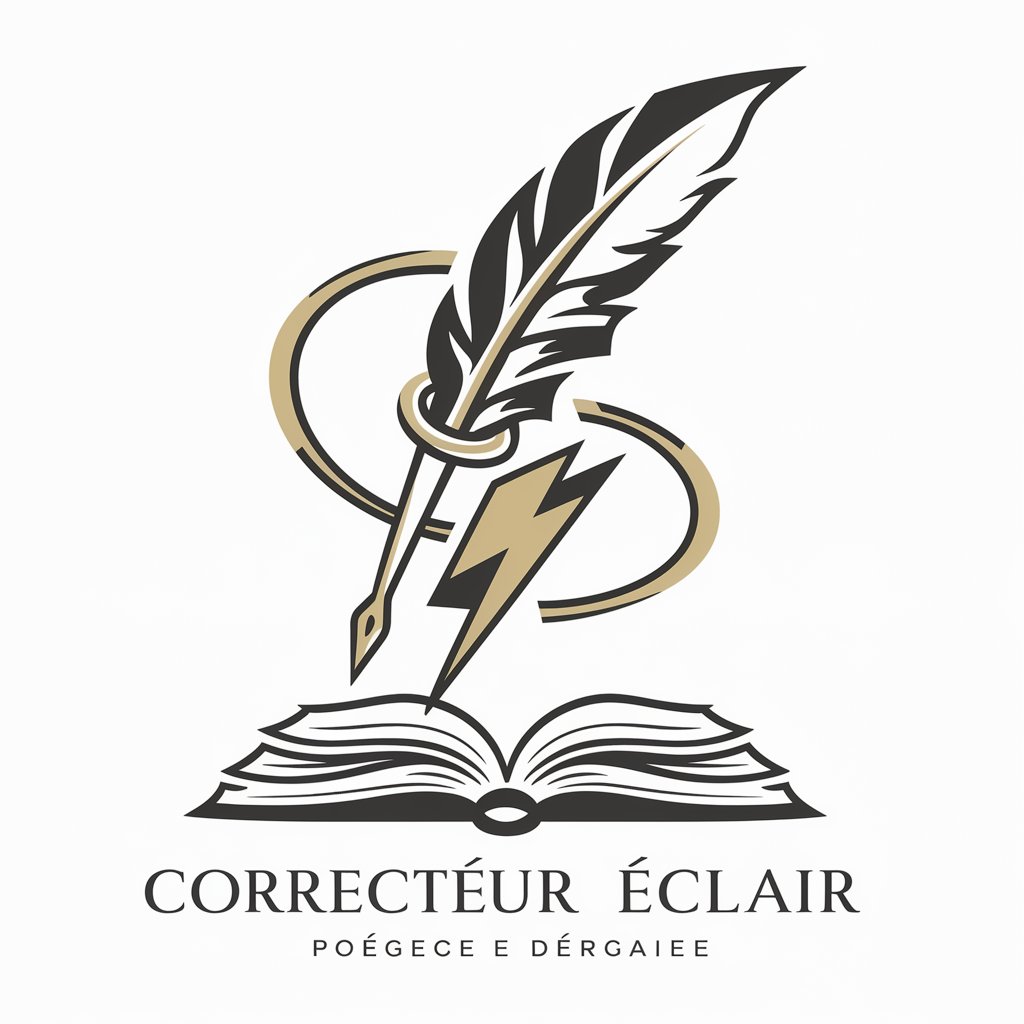
AV美言
Elevating Chinese Language with AI

文章校正
Enhance your Japanese with AI-powered proofreading.

PapaGPT's Roman Enhancer
Elevate Your Story with AI-Powered Insights
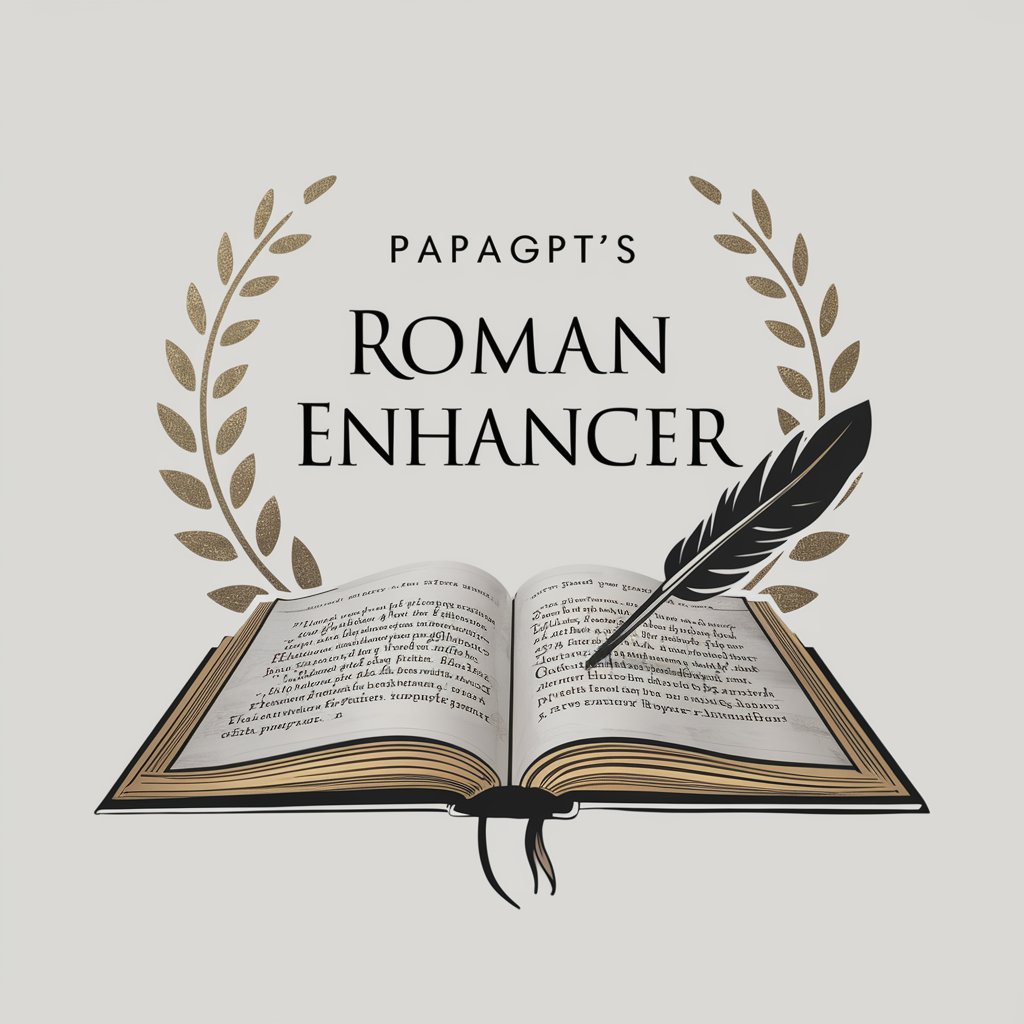
Chapterizer
Effortlessly organize text with AI
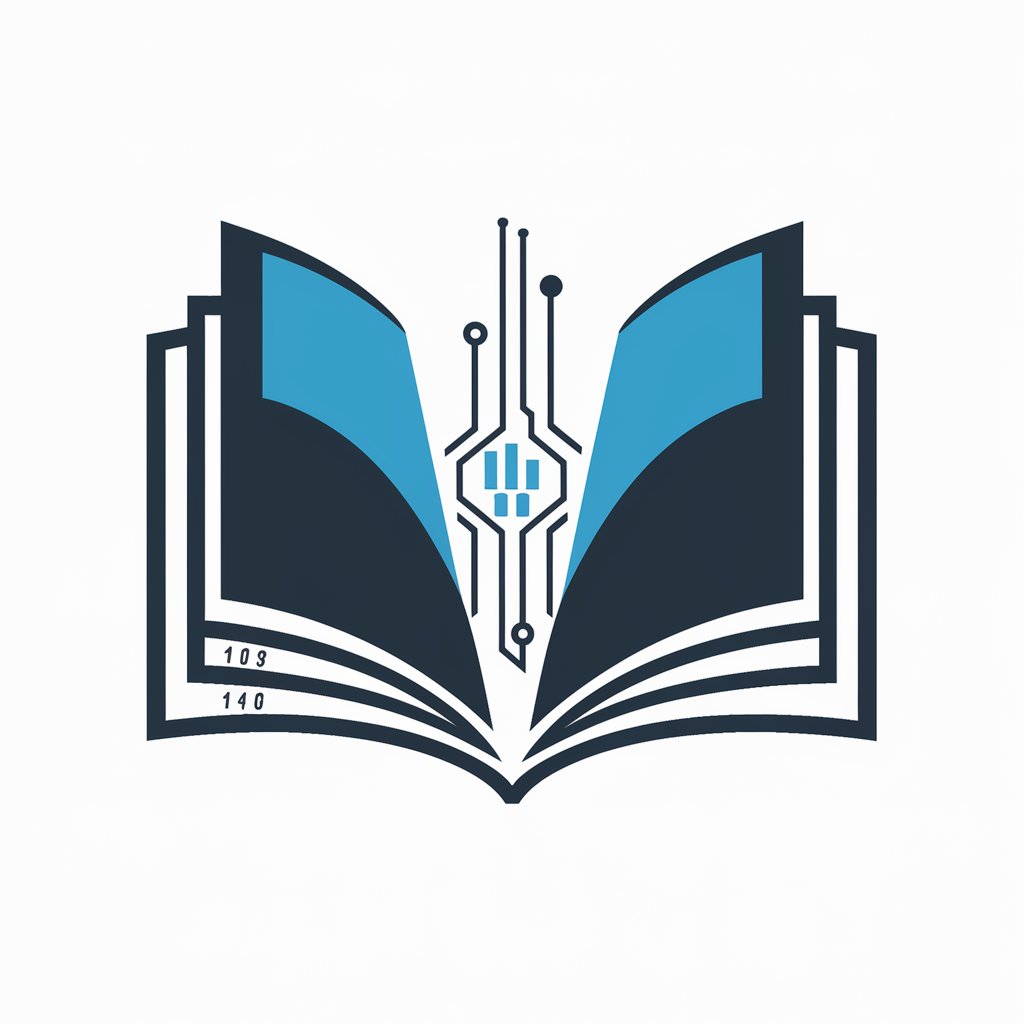
书稿加工神器
AI-Powered Manuscript Polishing

Historical Text Analyzer
Revive the Past with AI-powered Linguistics
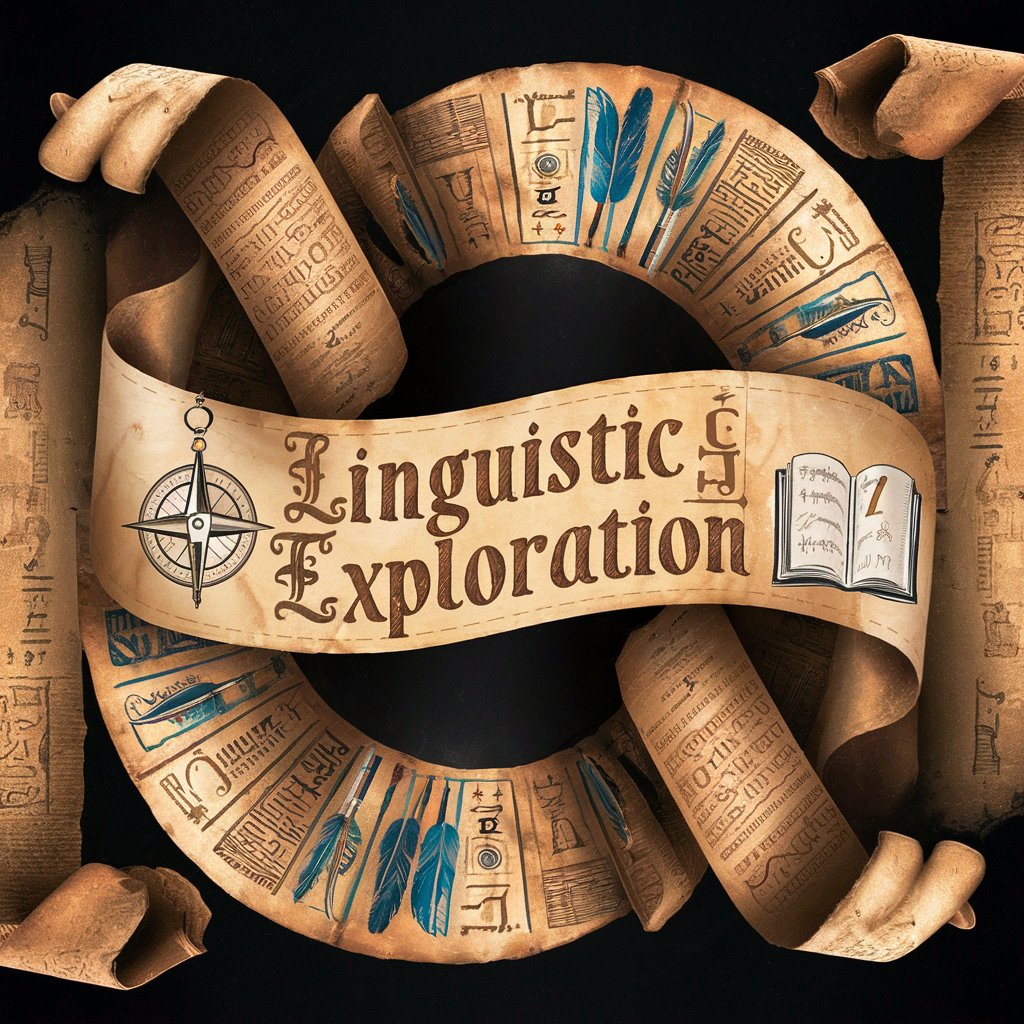
EN DE Novel Translator
Transforming texts with AI-powered precision.
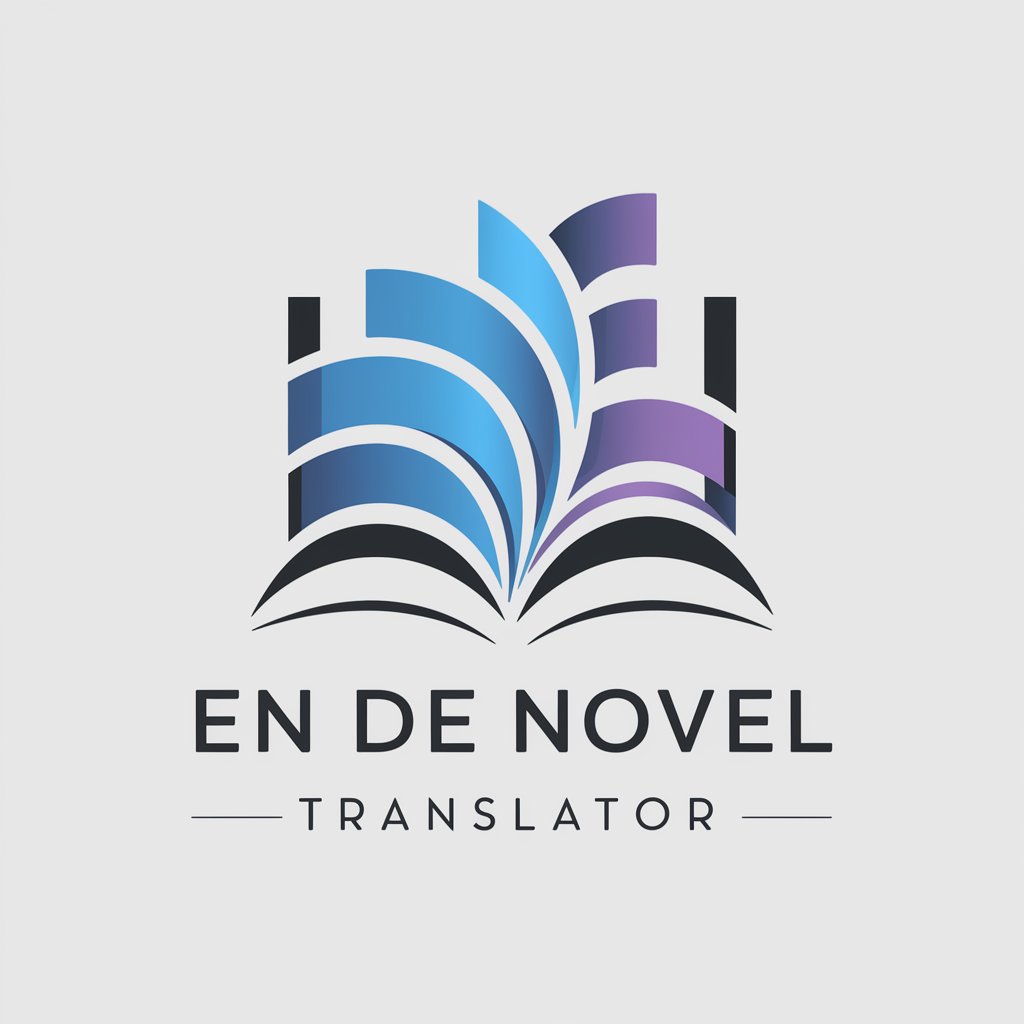
ממשיך סיפורים
AI-powered Hebrew Story Extension
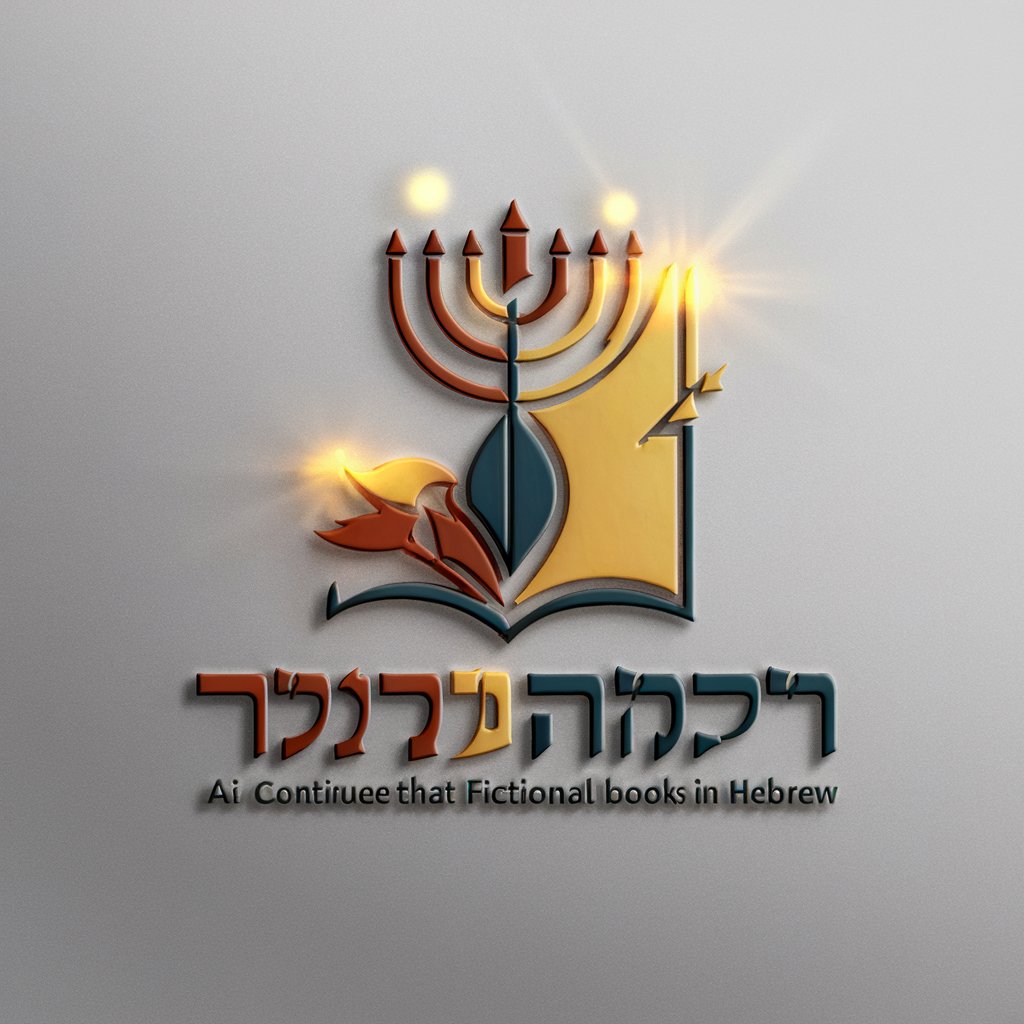
BienParler
Elevate Your French with AI

Native Polisher
Refine Your English with AI
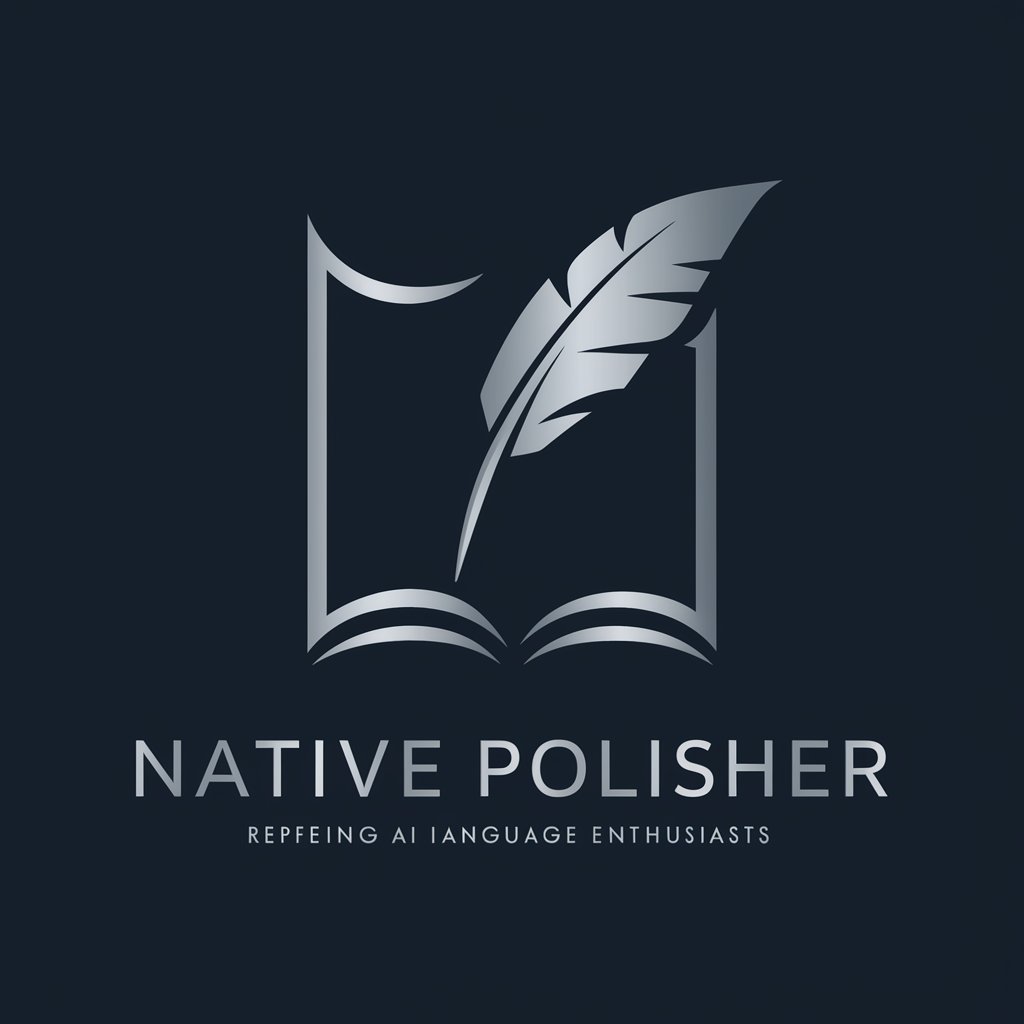
Distinctive Characteristics and Functions
AI GPTs for Literary Editing stand out for their adaptability, capable of handling tasks ranging from simple proofreading to complex narrative development. Key features include advanced language understanding for nuanced suggestions, context-aware corrections, style and tone adjustments, plagiarism detection, and creative writing aids. Additionally, these tools often come with technical support for programming tasks, capabilities for web searching to verify facts or gather references, image creation for visual storytelling, and data analysis for audience insights.
Who Benefits from Literary Editing AI
These AI GPTs tools are designed for a wide array of users, including aspiring writers, experienced authors, editors, publishing professionals, and educators. They are accessible to those without technical skills, thanks to user-friendly interfaces, while offering advanced customization options for developers and tech-savvy individuals seeking tailored solutions for specific editing tasks or projects.
Try Our other AI GPTs tools for Free
Emotional Coherence
Discover AI GPTs tailored for Emotional Coherence, offering nuanced, emotionally intelligent interactions for diverse applications. Enhance your digital communications with empathy and understanding.
Information Archiving
Discover AI-powered GPT tools for efficient Information Archiving, offering smart solutions for data storage, retrieval, and management. Ideal for professionals and novices alike.
Interactive Communication
Discover how AI GPTs transform Interactive Communication with real-time, intelligent responses designed to automate and personalize engagement across various sectors.
Project Coordination
Discover how AI GPTs for Project Coordination can transform your project management process with automation, enhanced communication, and insightful analytics, all through an accessible and customizable interface.
Information Consolidation
Explore how AI GPTs revolutionize Information Consolidation, offering tailor-made solutions for analyzing and synthesizing data across various domains, enhancing decision-making and efficiency.
SEO Tracking
Unlock the full potential of your SEO strategy with AI GPTs for SEO Tracking. Leverage advanced analytics, predictive insights, and content optimization to enhance your search engine visibility.
Expanding the Horizon with AI in Literary Editing
AI GPTs are revolutionizing the field of literary editing by offering scalable, customized solutions that integrate seamlessly with existing workflows. Their user-friendly interfaces allow for easy adoption, while the potential for integration with other digital tools and platforms opens new avenues for enhancing the editing process, making it more efficient and effective.
Frequently Asked Questions
What exactly are AI GPTs for Literary Editing?
AI GPTs for Literary Editing are specialized AI tools that leverage Generative Pre-trained Transformers to assist in refining and improving written content, tailored for the literary field.
Can AI GPTs replace human editors?
While AI GPTs offer significant assistance in the editing process, they are designed to complement rather than replace human editors, providing tools that enhance efficiency and quality.
Are these tools suitable for beginners in writing?
Yes, these tools are designed to be user-friendly and assistive for writers at all levels, including beginners, by offering suggestions for improvement and enhancing writing skills.
How do AI GPTs adapt to different writing styles?
AI GPTs use advanced algorithms to understand and adapt to the unique style and tone of each writer, offering customized suggestions that align with the author's voice.
Can I use AI GPTs for Literary Editing for academic writing?
Yes, these tools are versatile and can be tailored to assist with academic writing, offering features like citation checks, plagiarism detection, and style adaptation.
What level of technical skill is required to use these tools?
These tools are designed to be accessible with minimal technical skill required, offering intuitive interfaces, although advanced customization options are available for those with programming knowledge.
How do these tools handle privacy and data security?
AI GPTs for Literary Editing prioritize privacy and data security, using encryption and secure practices to protect user data and content.
What are the limitations of AI GPTs in literary editing?
While highly advanced, these tools may not capture all nuances of human creativity and subjective judgment, requiring human oversight for best results.